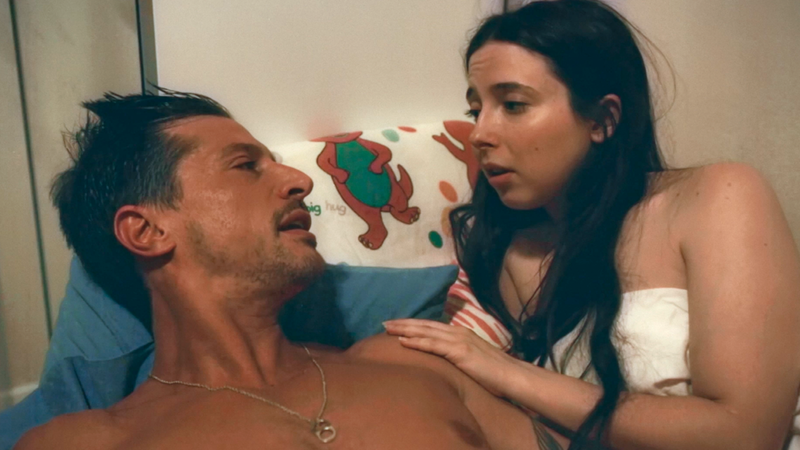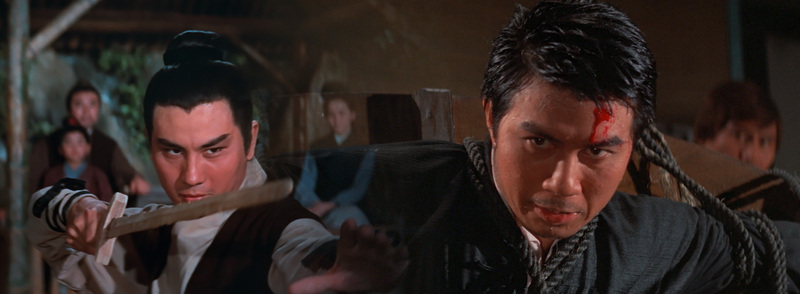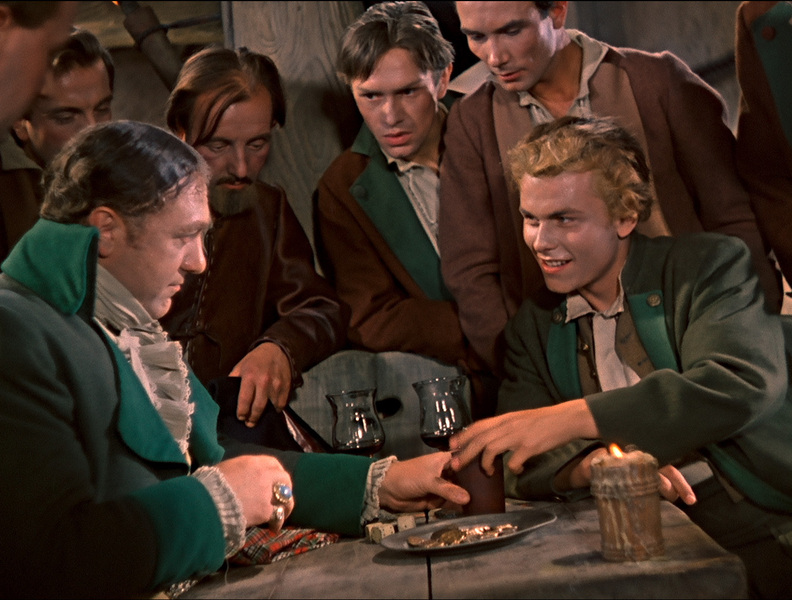
A Story Waiting to Happen
MOVIE REVIEW
I Want To Feel Fun
–
Genre: Comedy, Short
Year Released: 2025
Runtime: 9m
Director(s): Jessica Sanders
Writer(s): Esther Povitsky, Avi Rothman, Jessica Sanders
Cast: Esther Povitsky, Avi Rothman, Simon Rex, Vivian Bang, Dugan O'Neal, Ginger Gonzaga
Where to Watch: shown at the 2025 Tribeca Film Festival
RAVING REVIEW: The moment this short begins, there’s a spark—unfiltered, almost chaotic in its momentum, as if we’re being tossed into someone else’s world and left to ride the confusion alongside them. That unpredictability is both its strength and its ceiling. The film plays with improvisation, character dynamics, and lived-in tension. Still, while it captures a certain emotional honesty, it hesitates to push any of its ideas. There’s charm, chemistry, and a mood worth appreciating, but it feels like it needed just one more try to connect fully.
Built around the framework of one young woman’s attempt to attend a concert, the narrative is less interested in traditional storytelling and more focused on interactions and fleeting exchanges. That choice sets it apart. Instead of relying on structured comedy or resolution, it leans heavily into tone and character study. The protagonist’s (Esther Povitsky) mission—simple in concept—catalyzes personal exploration. Each new encounter plays more like a reveal of her emotional state than a step forward in the plot. That’s a risky choice in a short format, where time is limited and focus matters.
The standout feature is how it allows its characters to breathe. The improvisational dialogue comes across with a rawness that gives even the most trivial conversations an edge. What might have felt like filler in a scripted feature becomes revealing under this approach—pauses, fumbled lines, and glances tell us just as much as the dialogue. That honesty anchors the film, giving it a unique intensity.
Visually, the film matches its approach with a loose, verité-inspired camera style. The handheld work is present but not distracting, often moving with the characters rather than directing focus. Lighting leans toward the glow of a city night, which adds texture without overstating the atmosphere. What’s most interesting here is how little the film tries to draw attention to its craft. The directing isn’t invisible, but it’s intentionally unassertive. That restraint works well with the material, even if some moments don’t land.
The protagonist’s goal, on the surface, is simply getting into a show—but the emotional undercurrent points to something deeper: wanting to be part of something, wanting recognition, wanting to matter.
Povitsky leads with a performance that thrives on being herself. The more of her work I watch, the more I realize she’s not playing a character, she’s just her. She’s the engine of the film, even when she’s quiet. Her timing, facial expressions, and physical choices do much of the heavy lifting. She has a way of being understated without disappearing, making even the smallest reactions feel meaningful.
As the maybe-boyfriend, Simon Rex adds just enough ambiguity to keep viewers leaning in. His scenes with Povitsky hold a tension that isn’t spelled out, which works in the film’s favor. You never quite know what’s left unsaid, and that uncertainty becomes its subplot. His presence adds contrast and makes their dynamic feel lived-in. But like the others, his character stops short of having a complete arc. The relationship is a central piece of the puzzle, yet the film never quite defines what it wants that relationship to mean.
A deliberate rhythm here lets awkwardness settle and gives moments the space to evolve. Still, the final act could have had more impact. It ends on a note that feels tonally consistent but emotionally stilted. That isn’t a knock on the decision to go for subtlety—it’s that the build-up deserved a slightly more satisfying conclusion, or at least a signal that something within the protagonist had shifted.
From a critical perspective, the improvisational nature is its greatest asset and its biggest limitation. On one hand, it allows for moments that feel honest and unrepeatable. On the other hand, it limits how much precision the story can offer. You gain realism, but you sometimes lose purpose. That trade-off works to a point, but there are scenes where a more deliberate script could have created sharper emotional beats or funnier exchanges.
Ultimately, this short works more as a mood piece than a story with defined arcs or revelations. It succeeds at making the audience feel something, even if it doesn’t always clarify what that something is. There’s a lot to admire in how it resists overstatement and trusts its actors to carry the scenes. It’s a solid effort with genuine moments, but it’s missing that extra layer of meaning or intention that would push it into something more lasting. I think it feels like a piece of something more.
Please visit https://linktr.ee/overlyhonestr for more reviews.
You can follow me on Letterboxd, Instagram, Twitter, and YouTube. My social media accounts can also be found on most platforms by searching for 'Overly Honest Reviews'.
I’m always happy to hear from my readers; please don't hesitate to say hello or send me any questions about movies.
[photo courtesy of ALTINA FILMS]
DISCLAIMER:
At Overly Honest Movie Reviews, we value honesty and transparency. Occasionally, we receive complimentary items for review, including DVDs, Blu-rays, CDs, Vinyl Records, Books, and more. We assure you that these arrangements do not influence our reviews, as we are committed to providing unbiased and sincere evaluations. We aim to help you make informed entertainment choices regardless of our relationship with distributors or producers.
Amazon Affiliate Links:
Additionally, this site contains Amazon affiliate links. If you purchase through these links, we may receive a commission. This affiliate arrangement does not affect our commitment to honest reviews and helps support our site. We appreciate your trust and support in navigating these links.



Average Rating